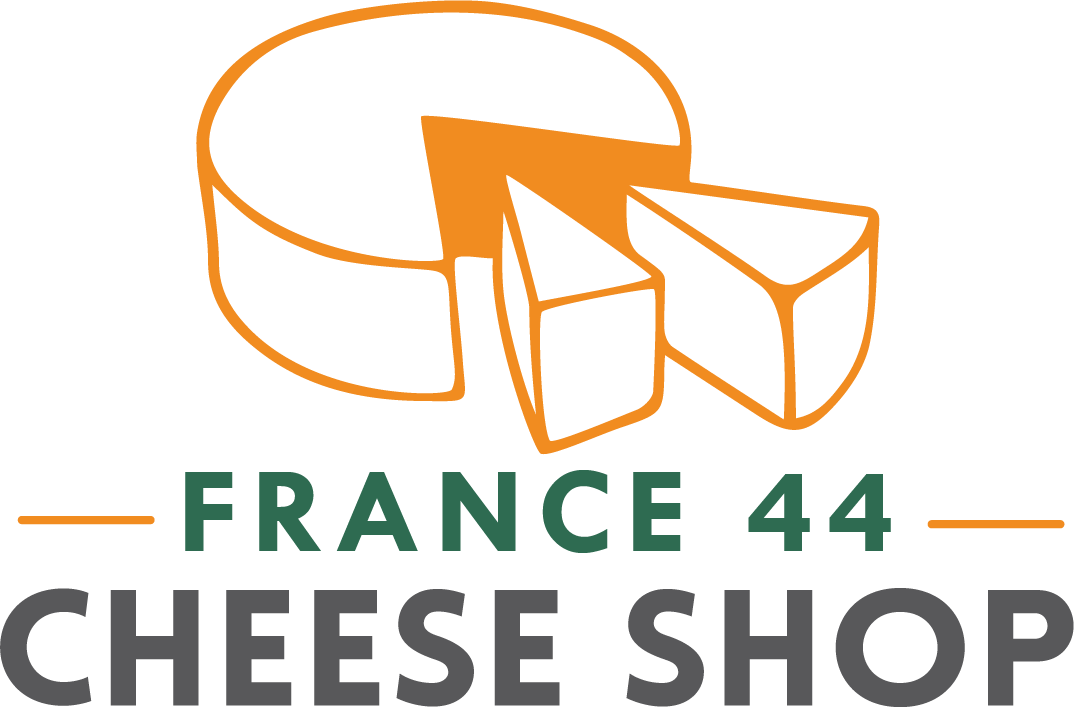On Managing a Meat Shop
 Here’s an interesting etymology: the word “manage” comes from the Italian “manèggiare,” or, “to put a horse through its paces” on the “manège,” a training area particularly for racing horses. What’s it been like managing a meat shop? I feel like I’ve had to learn the rules of horse racing, the regulations of horse training, the basics of horse physiology, and the philosophy of what it means to race horses, all while on horseback (though I’ve had lots of help). It’s been invigorating and fun, though I’d be lying if I told you my head wasn’t spinning. I think I like the way the horse training etymology works as a metaphor. Managing a meat shop, training a racing horse—mostly, what you are being asked to do is to take care of something that is important.
Here’s an interesting etymology: the word “manage” comes from the Italian “manèggiare,” or, “to put a horse through its paces” on the “manège,” a training area particularly for racing horses. What’s it been like managing a meat shop? I feel like I’ve had to learn the rules of horse racing, the regulations of horse training, the basics of horse physiology, and the philosophy of what it means to race horses, all while on horseback (though I’ve had lots of help). It’s been invigorating and fun, though I’d be lying if I told you my head wasn’t spinning. I think I like the way the horse training etymology works as a metaphor. Managing a meat shop, training a racing horse—mostly, what you are being asked to do is to take care of something that is important.
The role that I play as the general, day-to-day manager of the St. Paul Meat Shop is one of ensuring the soundness of its operations, and the delivery of the highest-possible quality of customer service. This latter item is something that I, personally, have cared about for a long time (of course, we are nothing—we are less than nothing—without being really, really on top of our day-to-day basic stuff!). I remember as a child growing up in Ann Arbor, Michigan, walking into Zingerman’s Delicatessen, being greeted by workers there who treated my family as if they already knew us, and then being given transcendentally delicious food to eat—the kind of food that, after the first bite, you just know is better than almost everything else you’ve ever eaten. The completeness of that experience is rare and special. I think we offer it at our cheese shops already: you can walk in, have somebody who is really nice in a basic human way offer you an artisanally-crafted, mind-blowingly tasty piece of cheese, and then be transported somewhere else by way of your taste buds.
The vision we have for the Meat Shop is very similar. We believe that you can raise animals for meat in an artisanal way—this goes beyond buzzwords like organic, local, sustainable, grass-fed, although these are all awesome principles and necessarily a part of what we do. The big idea is that there are some producers nearby who are really passionate about delicious meat, and have the know-how to make it happen. In theory, it’s not so different from affinage, or the art of aging or finishing a cheese. “Finishing” an animal on grass is an art, and “grass-fed,” on its own, simply isn't a guarantor of taste. We’ve found four farming partners who are doing great stuff, and we’re proud to be a market for them.
Returning to our horse racing metaphor, I’m only a trainer. The Meat Shop is the product of the passion of many people, starting with the farmers who raise their animals the way they believe is right, even in the face of a market that doesn’t always reward that conviction; continuing to our management and butchering team, whose collective belief in what food should taste like and what a retail experience should feel like is what animates our existence; and our amazing owner, who cares about good food, good wine, and about creating special opportunities for people to pursue these passions.
My part in this is to ensure we’re a reliable and friendly place to get awesome meat, but much of our shop’s functionality and personality is owed to our high-functioning and personable group of jockeys behind the counter, whom I would gladly buy meat from, but would also, were I in the neighborhood, perhaps just pop in to say hi to and maybe even consult for general advice. Managing a meat shop has been a lot of fun and a lot of hard work so far—now that we’re off to the races I hope you’ll come by and say “what’s up” to us soon!
--Nick Mangigian, Manager of the St. Paul Meat Shop

